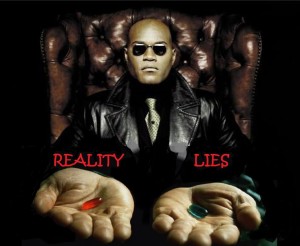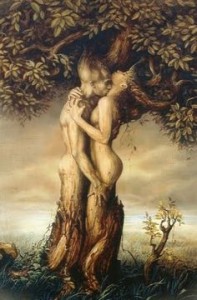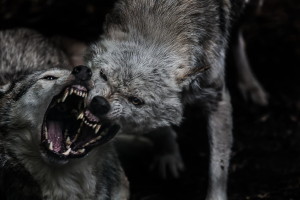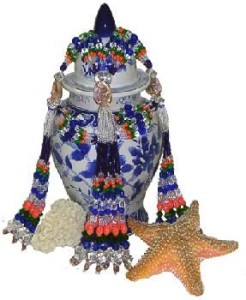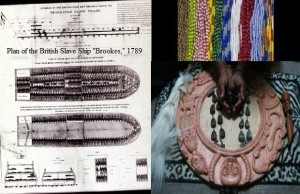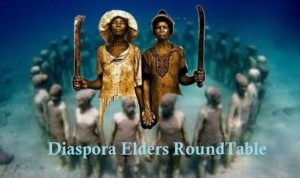How can we all do our part in helping to mend our broken world? Many of us will approach this question differently; due to our experiences, age, influences, and destiny within the world. All the approach would be correct. I hope many will ask this question, leaving their ranks and titles on the shelf for a minute.
My opinion would be to change the way we look at the world and how we fit within it, as spiritual Ifa-Fa-Afa /orisa practitioners and human beings. In other words, we need to check our destiny list twice and stay on that path, knowing that there are bumps and sharp corners to deal with, keeping our eyes on the prize. It is not easy to fix something that no one realizes it is broken.
Nevertheless, don’t be among the ones who say, “somebody else will do it”, because it will never get done. Don’t be the person who rather take the blue pill (the lie) because they don’t want people to hate them because they stand for truth. At the end of the day, NO one wants to take the trash out, only benefit from the profits. So, be responsible for your part. Respect the ones who help you along the way. If you have differences with them one day; still respect what they gave you yesterday and learn the lessons that they offered you. Ancestors always told me “A lesson learned is a lesson I don’t repeat.” The disease doesn’t continue to cut holes in the fabric.
This reminded of an odu Irete Meji about MY THOUGHTS:
Odu Irete Meji
“Slender as a needle, dirty and shabby
as a cloth line, glittering as a fool’s gold,
full purse clangs on the ground, the filled net sinks,
tightening the noose; two young roosters: challenge
and fight; two old roosters: shabbily they trod on,
bony buttocks fall whith a dry thud” was the one
who cast for “My Thoughyts”, he-goat, buffalo,
were blocking the stream of the river that Yemoja
worshipped in Ido, on the day that he used the tears
in his eyes to hunt down all the good things in life.
Could he prosper when all things seemed to evade him?
They told him to bring a lobster, eight pigeons,
and 16,000 cowries. “My thoughts” listened
and made the sacrifice. They cooked the lobster for him
with “leaves of riches”, then cast Irete Meji, and mixed
the powder of the Odu with the food, saying: “Drink, eat”.
He began to get rich; soon his compound was
full of wives and children, and whilst he began
to build houses for all of them, he praised the Awo’s
who had said: “Slender as a needle, glistening as mica,
purse clangs down on the earth, young roosters
play and fight, old rooosters listen quietly,
bony buttocks fall with a thud” cast for
“My Thoughts”, heavy as a he-goat, buffalo,
blocking the river flow; I worship Yemoja,
who owns enormous riches. Him with the tears
of his eyes was looking for the evasive fortune.
Wat is with the riches I’m looking for?
It was lobster who ordered all good things
to come to me. And the children I desired?
They swarm into the net, get it in, hoist it,
the lobster said. My slender body filled
to the brim? It was lobster who let the flood in.
And how about the land? I wanted to build for so long.
It was lobster who plugged the holes in the strainer.
I put my hope in the falling tide, and then
all good things in life flowed towards me.
This is Irete Meji to which you have listened.
We greet the sacrifice …. only what you put in, you can get out. It is the same about being responsible for yourself; your actions, and CARING for others. So the practice of this culture will carry on without blockage and negative forces eating away at its existence. Bottom line, Ifa and orisa lives in all of us; we are too busy being SELFLESS, HATEFUL and ENVIOUS to reap the true benefits of IFA.
My suggestion is to listen to the ase of Ifa that exist inside you, your ori and the ancestors around you. Be a good listener and not a great talker. Ifa says, at time we should ask if some things don’t go too easy, if it’s not slightly more complicated than they seem. Work from within before out-in.
O meji mi o

